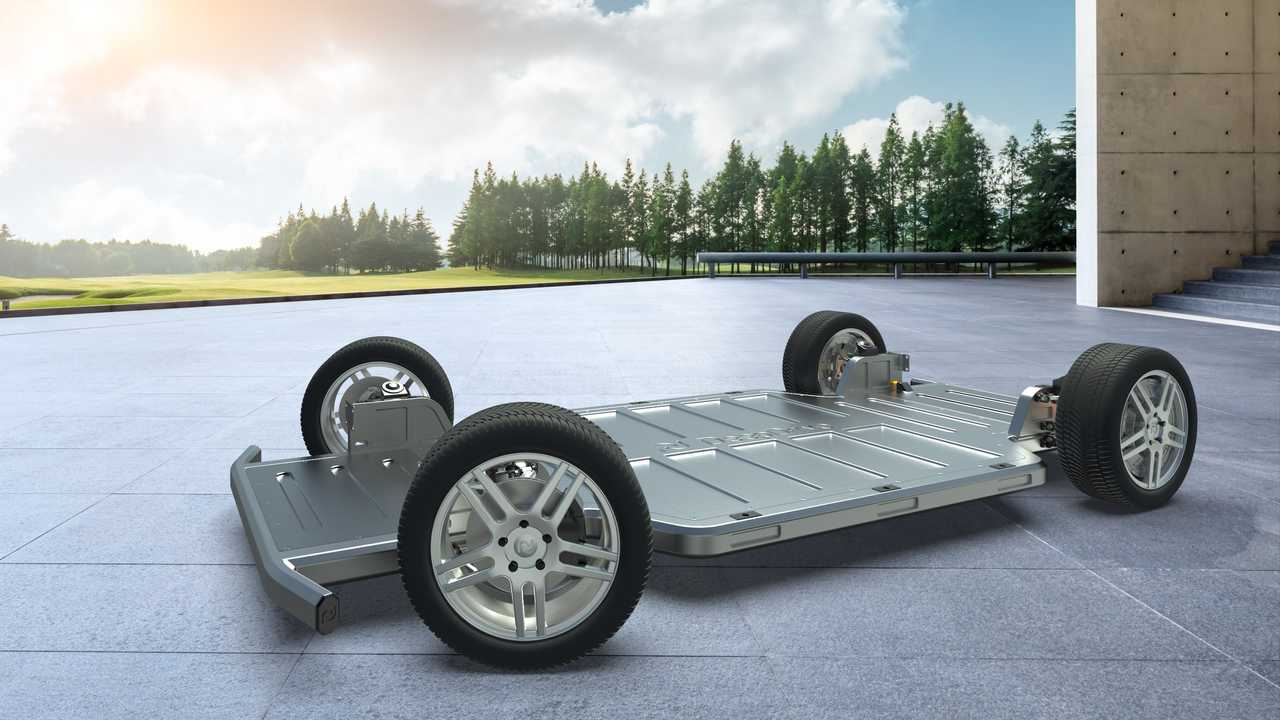Nissan’s Hybrid Innovation: The Best of Both Worlds
The debate about electric cars is still a hot topic, with manufacturers either committing to 100% electric-powered vehicles or opting for a hybrid option. Nissan is taking a different approach by offering the best of both worlds, with their hybrid technology that combines electric and combustion engines for a seamless driving experience. It’s clear that this Japanese car brand is on a mission to make driving more sustainable, safer, and smarter with their new innovations.
Nissan has been committed to electrification for quite some time, having started developing electric vehicles as early as the late 1940s. They launched the Leaf, the world’s first mass-produced electric car, in 2010, which quickly dominated the electric vehicle market. However, Nissan now recognizes that there are shortcomings in completely electric vehicles, such as the charging time and range of the battery. Therefore, they have introduced hybrid cars such as the Juke, Qashqai, and X-Trail that offer an alternative option for those who are looking for a vehicle with a longer range and easier refueling.
The X-Trail Hybrid is a perfect example of Nissan’s sophisticated hybrid technology. The X-Trail combines two electric motors with a gasoline engine, creating a perfect balance between performance and fuel efficiency. The e-4orce technology, which consists of an electric motor on both axles, ensures the car has adequate traction and can handle all terrains. This technology provides a smoother and quieter ride while delivering outstanding fuel economy, making it ideal for daily commuters and outdoor enthusiasts.
Nissan is also dedicated to improving its electric vehicle technology. The company is currently researching batteries that are more affordable and use fewer valuable metals. Additionally, they are looking to develop solid-state batteries that offer twice the range and can charge twice as quickly as current batteries. The company is also working on innovative ways to recycle their current batteries by either using them as building structures or recovering the most valuable components.
Another area that Nissan is focusing on is making cars smarter. The goal is to integrate intelligence into vehicles to optimize traffic flow, reduce pollution, save fuel, and increase safety. For example, Nissan has conducted research on optimizing traffic flow on California’s I-680 freeway, where they found that adjusting speed could help reduce congestion. Smart cars that can process information and communicate with the infrastructure and other vehicles can help reduce congestion, minimize travel time, and reduce fuel consumption and emissions.
Nissan’s dedication to incorporating intelligence and innovation into their vehicles extends beyond driving, as the company recognizes the potential for integrated networks to optimize public transport, air quality, and energy systems. By sharing the data collected from connected-car technology, Nissan is confident that they can work with governments, municipalities, and businesses to create smarter, sustainable, and more livable cities.
In conclusion, Nissan is leading the automotive industry with its hybrid and electric vehicle technology, paving the way for sustainable, energy-efficient, and smarter driving. By combining their experience in electric vehicles and combustion engines, they have created a new way forward for the automotive industry. Nissan’s innovative approach to improving air quality, traffic flow, and energy systems complements their commitment to operating in an environmentally responsible manner. The future of driving seems exciting with Nissan’s innovative and sustainable solutions, and we look forward to what they will develop next!
Fonte: Mais vale um (carro) híbrido na mão do que dois eléctricos a voar





